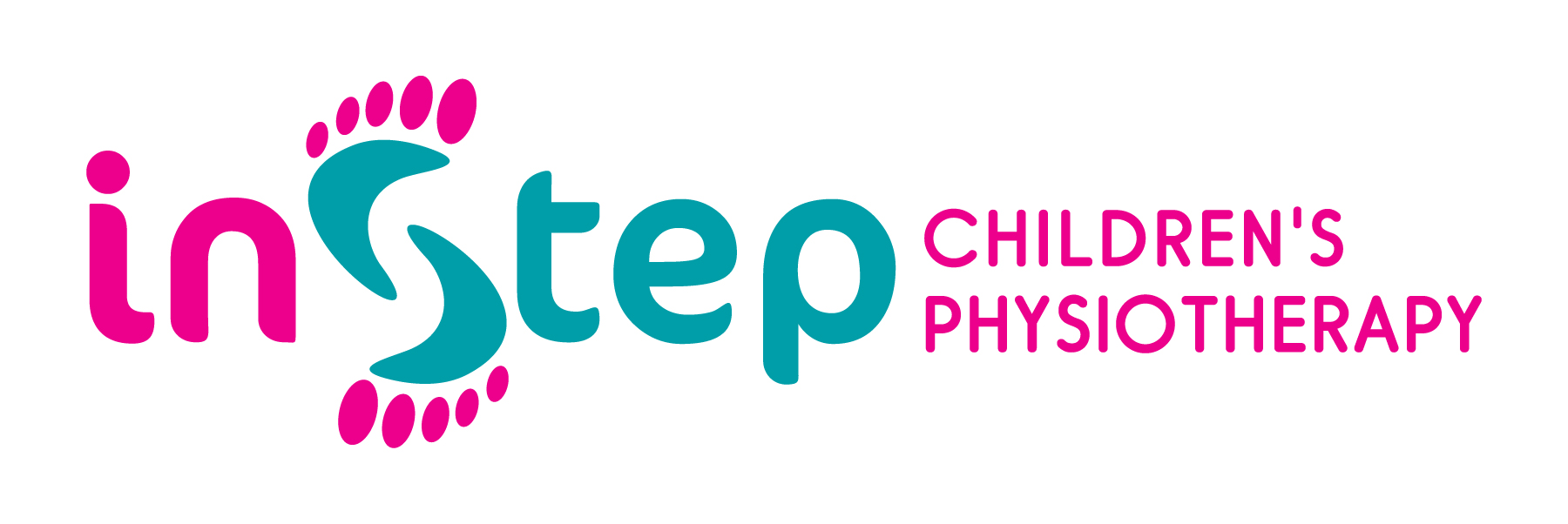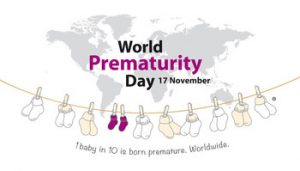Any parent that has experienced the trauma of having a premature baby knows exactly how the process can change every facet of your life. Most parents of pre term infants are ill prepared for the birth of their child. They encounter a very different experience (environmental aspects of being based in a neonatal unit, infant fragility, constraints to parental involvement, fear of the unknown, change in locus of control, where the medical team are responsible for their babies survival) compared to parents of term babies born with no complications. This can create physical and emotional barriers of how they create connections with their babies. More and more units are now trying to take on board principles of family centred care within the neonatal unit. There is a lot evidence to prove its benefit however the logistics of implementing such things can be hugely challenging. With years of experience working in a neonatal unit, I have seen the highs and lows with parents as they progress through the journey.
A baby born before 37 weeks is considered premature, however the sickest babies tend to be born far earlier, (as early as 24 weeks) and also have very low birth weight. All babies born prematurely have missed valuable time within the womb, which allows their brain and other vital systems to be fully developed before they enter the world. The NHS and other neonatal units work extremely hard to keep these tiny babies alive to help them grow and develop. The role of a therapist with this particular group of babies, is very much to help promote brain and body development (through effective positioning) and most importantly empower the parents with a family centred approach, by using teaching to help parents understand the non-verbal cues and self-soothing behaviours that these babies use. Using techniques and vitally; education, guidance is provided to ensure parents bond with their baby, through building confidence with handling and reducing stress through things such as massage. Working closely with members of the multidisciplinary team is a hugely important aspect of the role, to ensure we are all working on the common goal, which is ensure the baby grows well but most importantly that parents are involved in what happens to their baby. The use of guidance tools such as newborn behavioural observation can be hugely useful to further empower new parents or those that are progressing through the neonatal journey.
The use of ‘skin to skin’ or kangaroo care is an essential part of the day to day progress within a neonatal unit, there is huge amount of evidence to show how vital it is for improving things such weight gain, growth, brain development, feeding and maybe most importantly the bond between parent and child. There is no true time limit for how often a parent should ideally do ‘skin to skin’ whilst on the unit, as comparable to a term baby who goes home immediately from hospital, there are endless cuddles and opportunities for the baby to be held. This apparently simple and basic role of a parent, is often marred with logistical difficulties on a neonatal unit including time, handling, breathing support, space within the unit for a comfortable chair, ward rounds and medical interventions. With time, neonatal units around the country (based on national guidelines and Bliss Baby Charter) are now starting to prioritise this invaluable (free as costs count in the NHS) and essential way of encouraging infant growth, development and most important the vital role of the parent in the neonatal unit. You can find out more information about more information about what Bliss do as a charity to support families of preterm babies, by clicking here.

